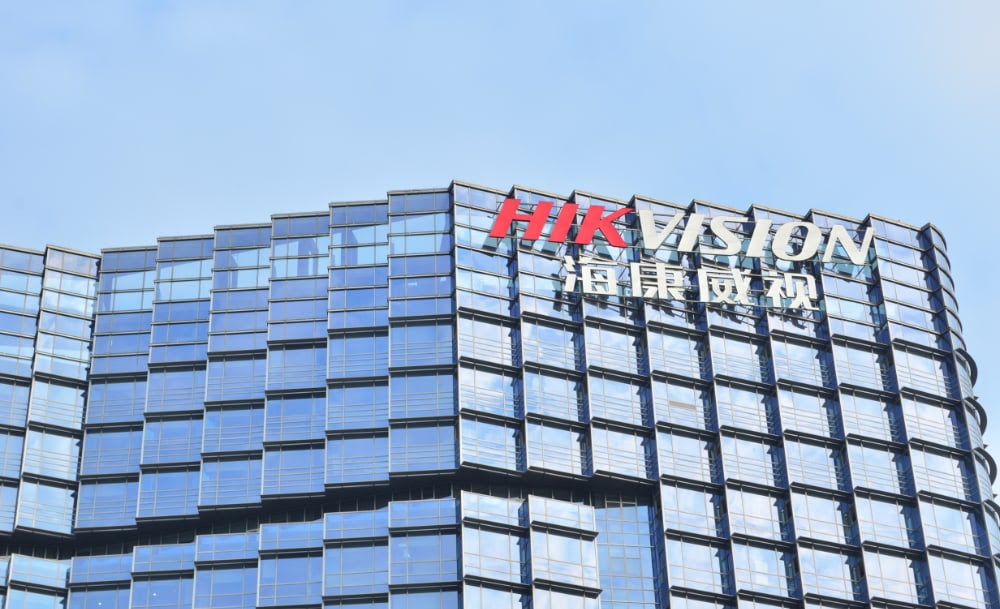Xinjiang sanctions finally come, two days before 13th round of trade talks

The system of mass internment camps for Uyghurs and other ethnic minorities in Xinjiang has been documented in a steady stream of compelling reports over the past two years, starting in the fall of 2017 and through recent months.
Activists have long wondered when the U.S. government might act — with something more than words of condemnation, or diplomatic letters — and impose sanctions on Chinese companies and officials for the abuses. The sanctions finally came yesterday:
- The U.S. Commerce Department has put 28 Chinese companies and public security bureaus on its Entity List, banning American companies from supplying them. “The companies added to the so-called ‘Entity List’ include facial recognition start-ups Sensetime, Megvii and Yitu, video surveillance specialists Hikvision and Dahua Technology, AI champion iFlyTek, Xiamen Meiya Pico Information Co and Yixin Science and Technology Co,” per the SCMP.
- Visa restrictions for Chinese officials were also announced by the State Department, CNBC reports, though the scope of these measures was not immediately clear. In a press release, Secretary of State Mike Pompeo said the restrictions would be aimed at officials “who are believed to be responsible for, or complicit in, the detention and abuse of Uighurs, Kazakhs, or other members of Muslim minority groups.”
However, neither of these measures invoked the Magnitsky Act, as some activists had hoped, and which would have additionally frozen assets of individuals.
Trade talks begin on Thursday
The Xinjiang issue is separate from trade talks, but there are a few ways they could be connected in this instance.
- Treasury Secretary Steven Mnuchin previously held off on sanctions to avoid disrupting trade talks, and he also played a central role in previous trade talks. This news suggests he either changed his mind, or his hand was forced, or he has been sidelined in this week’s upcoming talks.
- The Commerce Department restrictions are likely to be seen by Beijing as economically motivated to help American companies compete in AI and other advanced technologies. As the Financial Times reported, many of these companies are highly dependent on foreign technology components. The Chinese Foreign Ministry has already urged the U.S. to undo the “mistaken decision” (in Chinese) and said that we should “stay tuned” for potential retaliation against these measures.
Chinese Vice Premier Liú Hè 刘鹤 is still set to lead the talks in Washington from October 10 to October 11, according to reports in Xinhua that also list key members of the Chinese delegation (in English, in Chinese).






